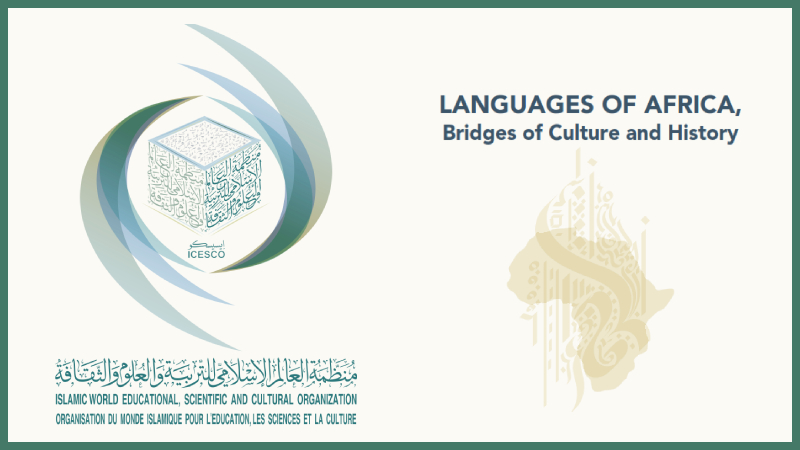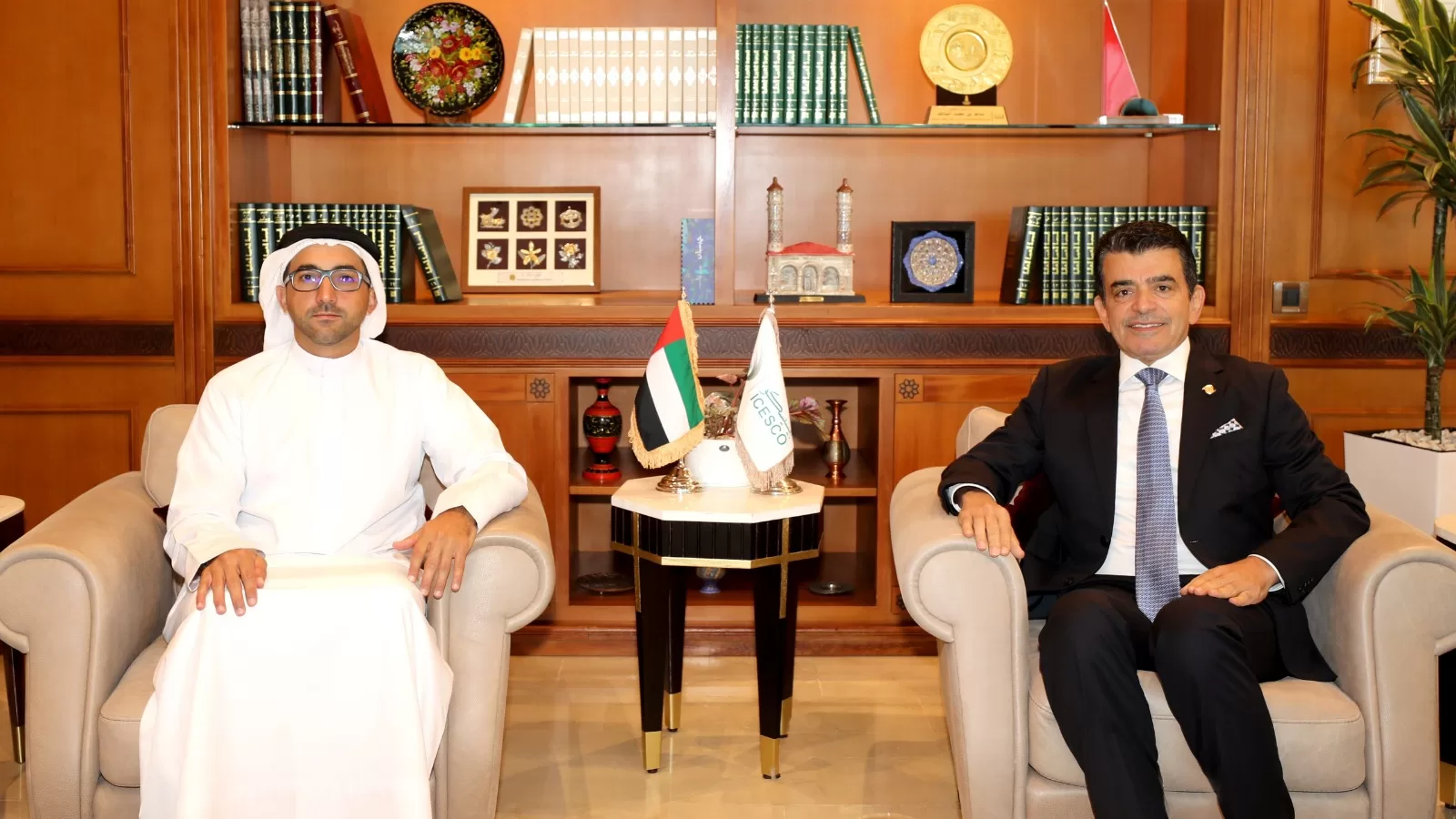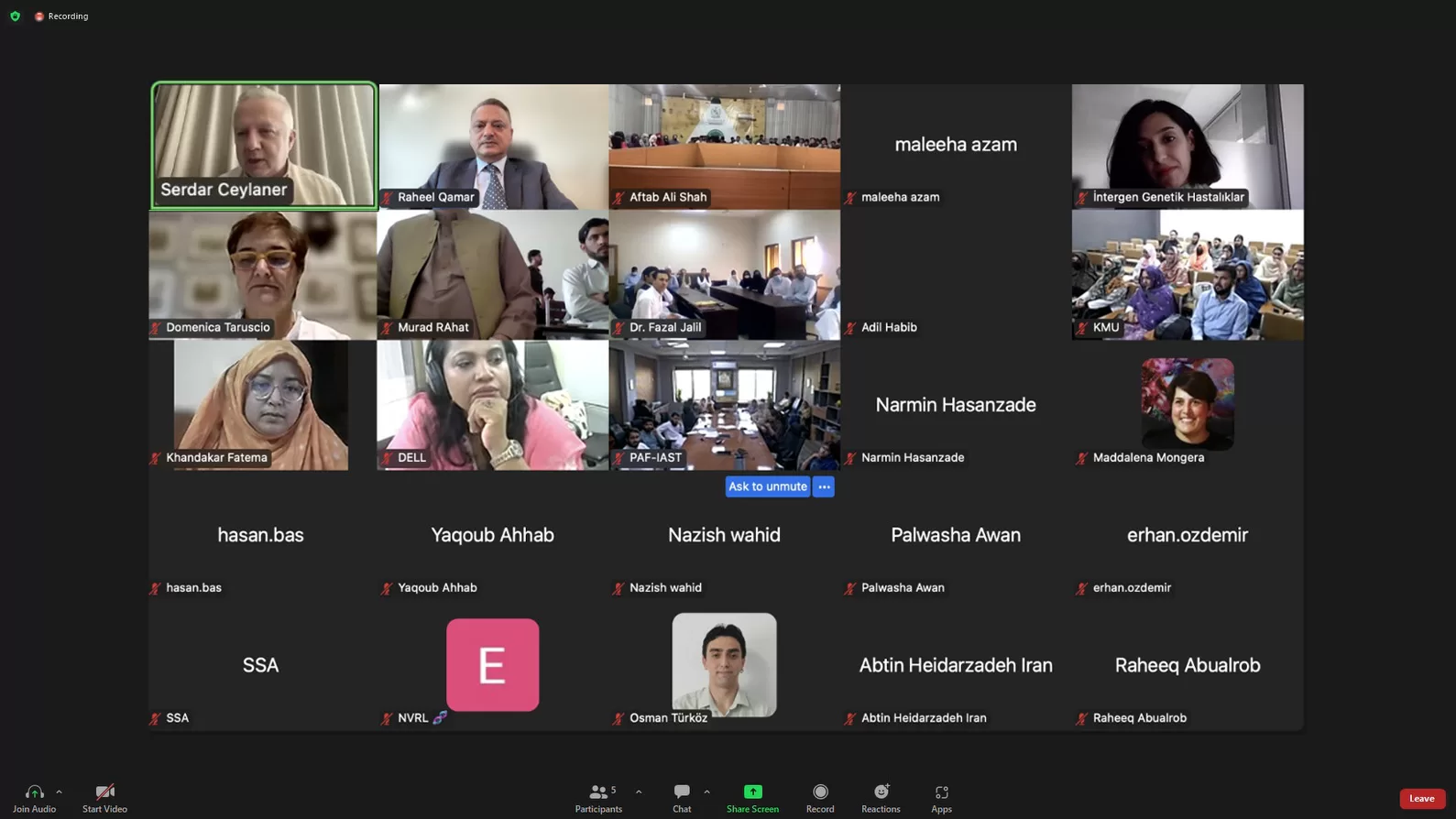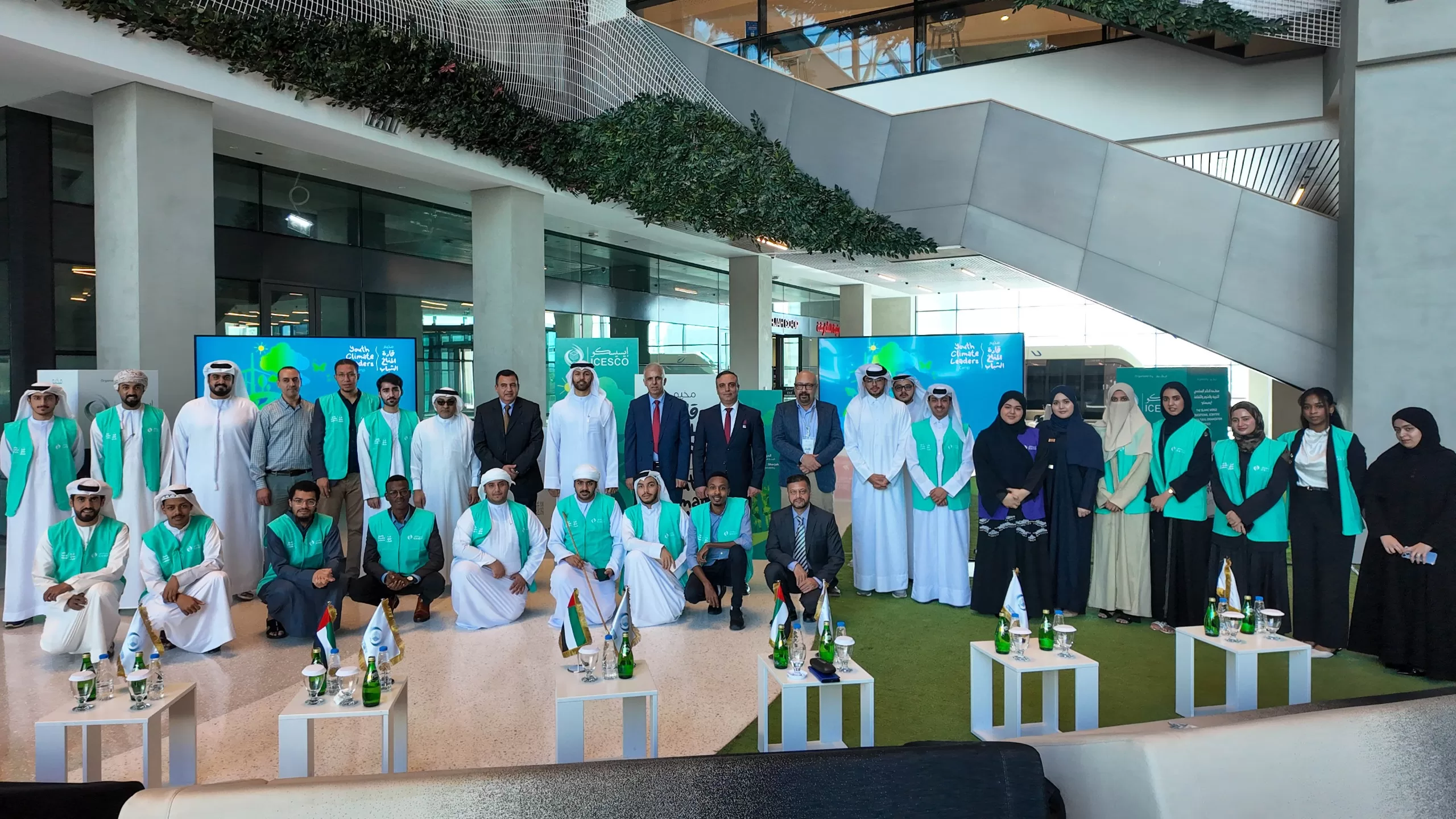
ICESCO builds bridges of culture and history and warns against Covid-19 in the local African language

19 April 2020
The Islamic World Educational, Scientific, and Cultural Organization (ICESCO) gives much importance in its current policies and plans that directly affect the region and Member States that are at higher risk of the world health crisis triggered by Covid-19. Along this line, ICESCO, launched a new initiative entitled “African Language Bridges of Culture and History,” as part of its projects falling under “ICESCO Digital Home.” The role of the African peoples’ local languages is of primary importance as it disseminates basic knowledge and facilitating the exchange of information and guidance among all groups of society,
Through this new initiative, ICESCO aims to contribute to the efforts geared towards raising health awareness to prevent the African communities from Covid-19.
It desires to promote the cultural, social, and educational roles of local African languages and connect the African peoples with their heritage written in the Arabic script. Further, it will provide media platforms in local African languages, keep these languages up-to-date with information technology, and showcase the strong historical ties between the Arabic language and the Sub-Saharan African languages.
This initiative, which falls under a joint project with the Islamic Development Bank (IsDB) for using the Arabic script in writing the languages of the Muslim communities in Africa, comprises educational, scientific, and cultural themes. It includes three ambitious programs in cooperation with the International University of Africa in the Republic of Sudan (Yusuf Al-Khalifa Center for Writing Languages in Arabic letter), including a program for computerizing the African languages by designing computer keyboards for fifteen (15) languages and developing unique applications for the automated Arabic script; a program for developing the system of writing African languages in the Arabic script by providing educational tools and materials, organizing training sessions for experts on the Arabic script, and preparing reading textbooks, teacher manuals, and educational media; in addition to another program for the establishment of academic chairs.
This initiative also takes into account the social and awareness-raising dimension in the health field by posting infographics and videos in the African languages on the prevention from Covid-19.
The languages covered by the initiative are Hausa, as the second-largest language in Africa after Arabic by the number of speakers distributed over more than eight African countries. The Swahili, as the third-largest by the number of speakers in more than seven countries. And the rest are Mandinka, Fula, Wolof, Fu, Nobiin, Beja, Beni Amer, Yoruba, Comorian, the Somalian language Zaghawa; Luganda and Songhay.






